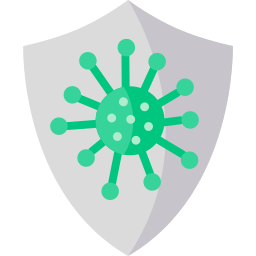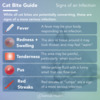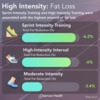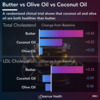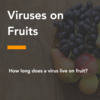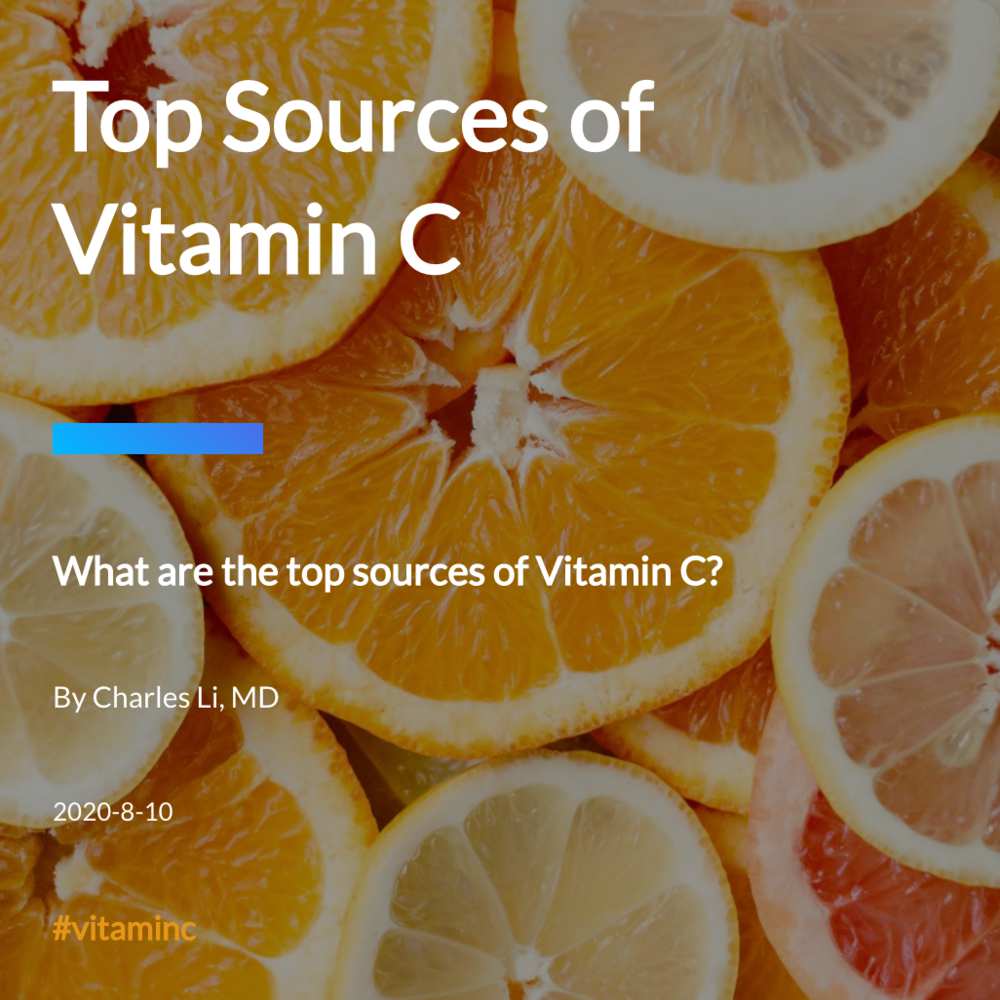
Key Points
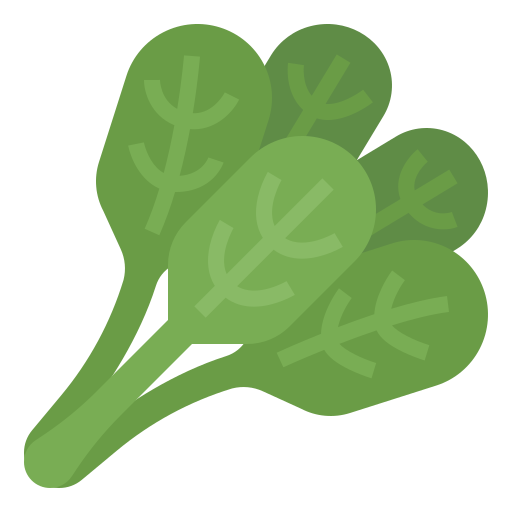
1. Your Body needs Vitamin C
Your body needs to get all the Vitamin C it needs from food. Your body cannot create it's own Vitamin C, and therefore needs to source it from your diet.
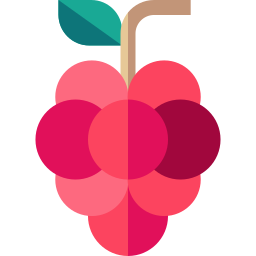
2. It comes from fruits and veggies
Fruits and vegetables are the best sources of vitamin C. Some types have a lot more vitamin C than others.

3. it may just save your life
Nutrition is one of the most important factors in determining life expectancy, cancer risk, even dementia risk. Adding fruits and vegetables to your diet today might just save your life one day.
Key Data

Fresh vs. Cooked vegetables
Did you know that freshness matters when it comes to Vitamin C? Vitamin C can be degraded by high-temperatures in cooking. Processed foods can also have less Vitamin C than their fresh counterparts.
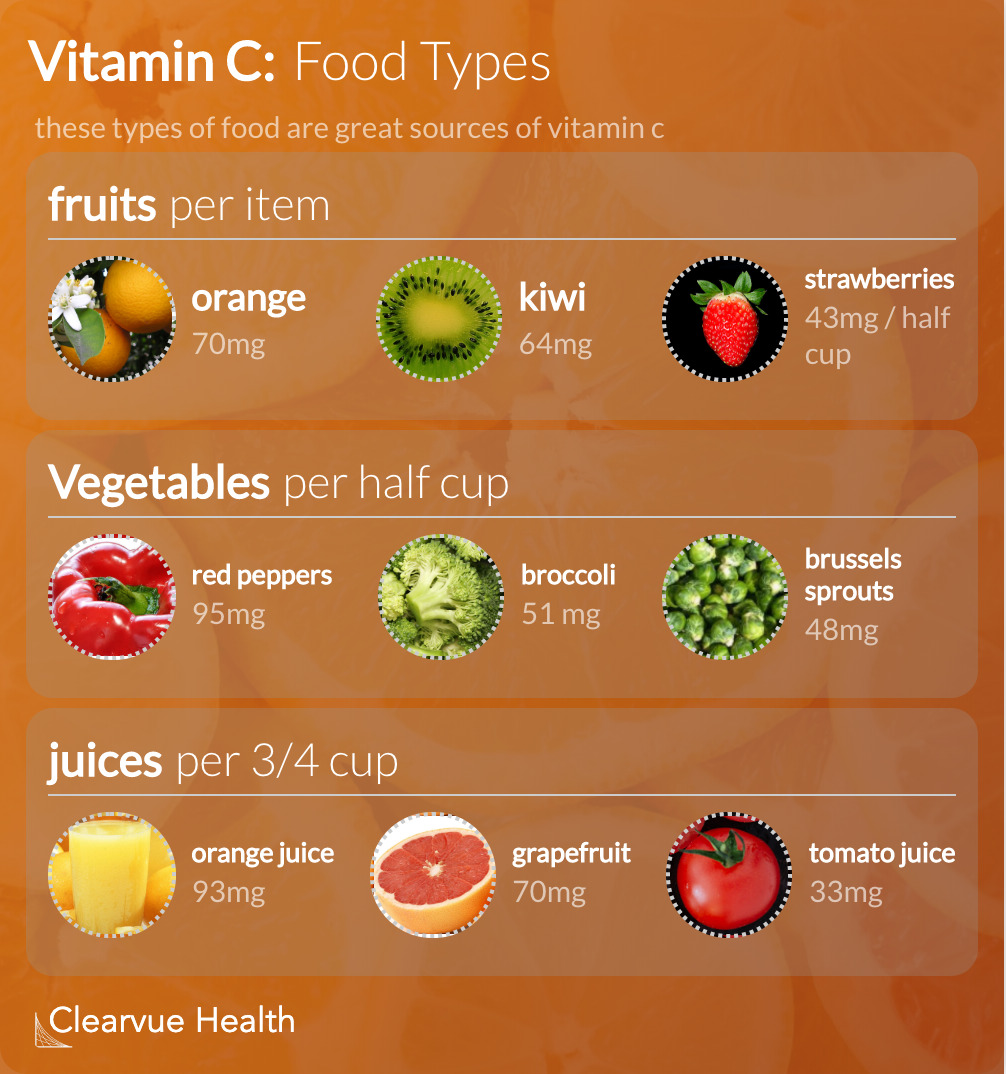
Fruits, vegetables and juices are some of the best sources of Vitamin C. Your body needs vitamin C from your diet. Eating lots of fruits and vegetables is the best way to get it. Juices also have a lot of Vitamin C, but they may not be as healthy as they also carry a lot of empty calories.
Key Facts
Key Facts
Key Functions
Key Facts
- TypeEssential, Water soluble
- Other Namesascorbic acid
- Daily AllowanceWomen: 75mg, Men:90mg
Appearance

Key Sources

Fruits

Vegetables

Peas

Collagen
Your body needs Vitamin C to create collagen, a critical component of joints and connective tissue.

Wound Healing
Vitamin C helps your body heal wounds

Immunity
Vitamin C helps your body fight off infection

Chart 2
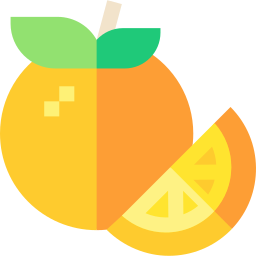
Did you know?
Did you know that oranges are a great, but not the greatest, source of vitamin C? The 5 fruits below all have more vitamin C per cup than oranges. Generally, colorful fruits contain a lot of Vitamin C.
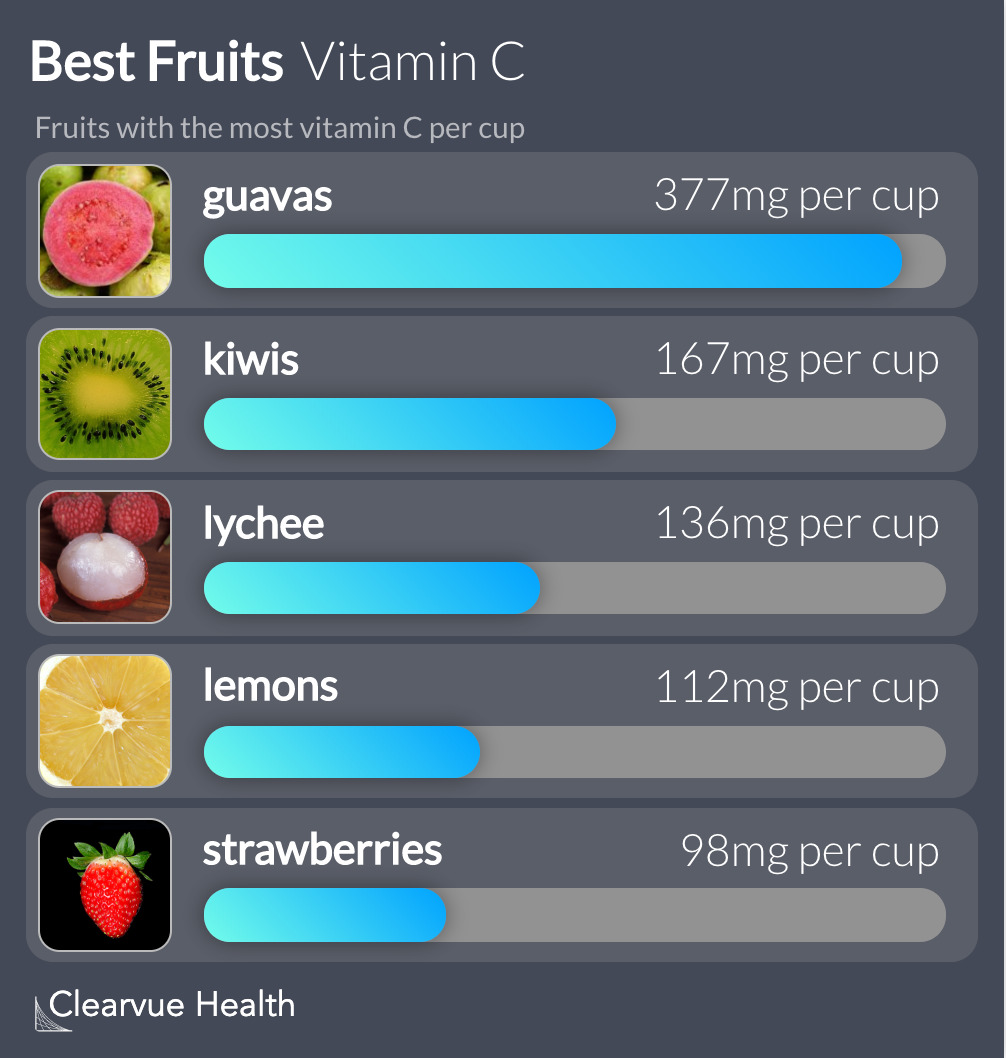
We ranked common fruits with the most Vitamin C. Guava has the most vitamin C per chopped cup out of the common fruits we analyzed. Kiwis and lemons took second and third place. Lemons were a close 4th place for vitamin C. Oranges and grapefruits did not make the top 5 list.
Vitamin C
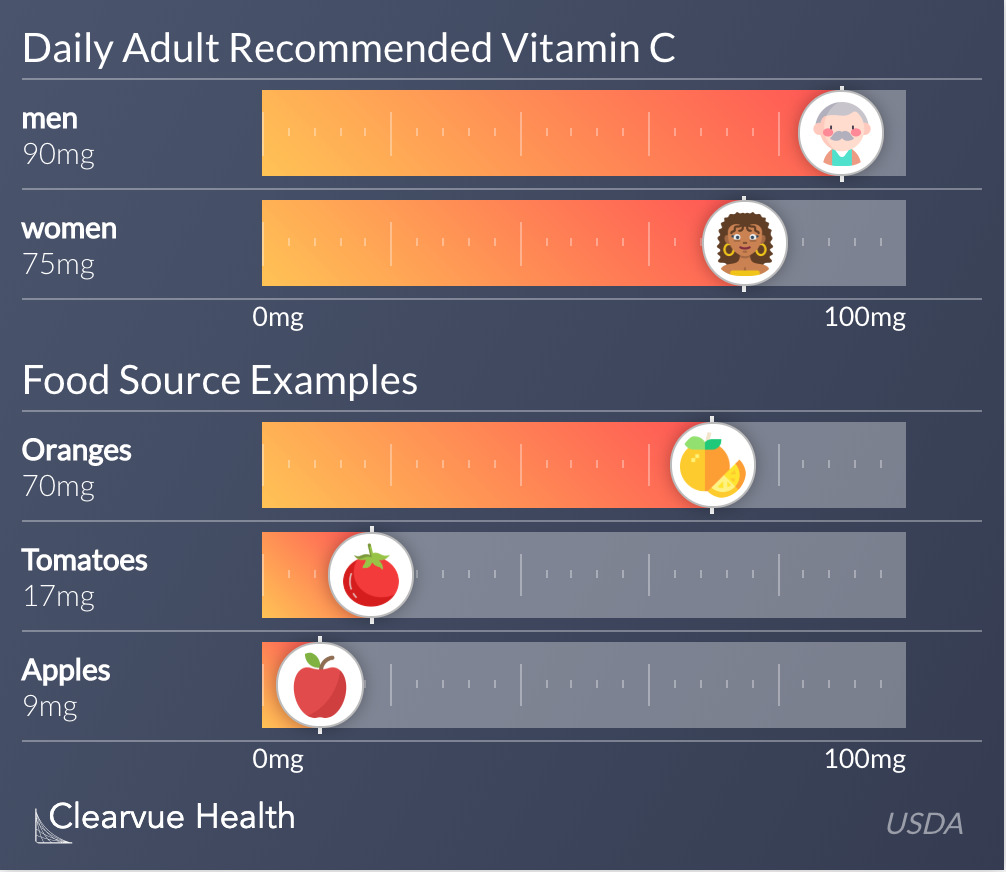
The chart above compares the amount of Vitamin C needed by adult men and women. Men need 90 milligrams of Vitamin C each day. Women need 75 mg of Vitamin C. We compare this amount to the amount of Vitamin C found in common fruits. An orange has nearly all the Vitamin C an adult needs in a day. This information was sourced from the Office of Dietary Supplements within the NIH.
Chart 3

Bell Peppers
When it comes to Vitamin C, red bell peppers beat other vegetables by a landslide. Both red and green bell peppers are a great healthy addition to your next stir fry, salad, or wrap.
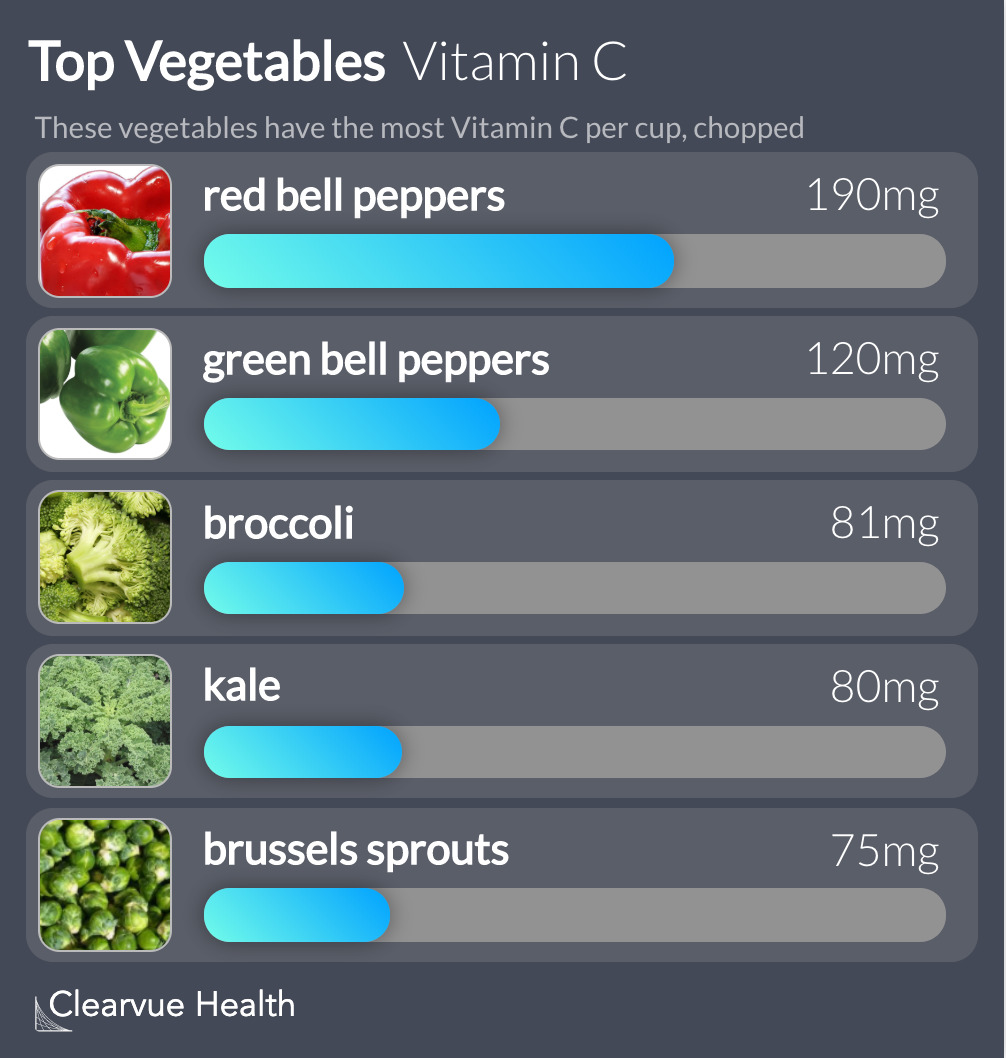
The chart above shows a list of common vegetables sorted by their Vitamin C content per cup, chopped. All data is sourced from USDA databases.
Chart 4

Rules for Vitamin c
The rule of thumb here is fruits and vegetables with a lot of colors. However, like any good rule, it's a rule meant to be broken, as shown by the 5 surprising sources of Vitamin C below.
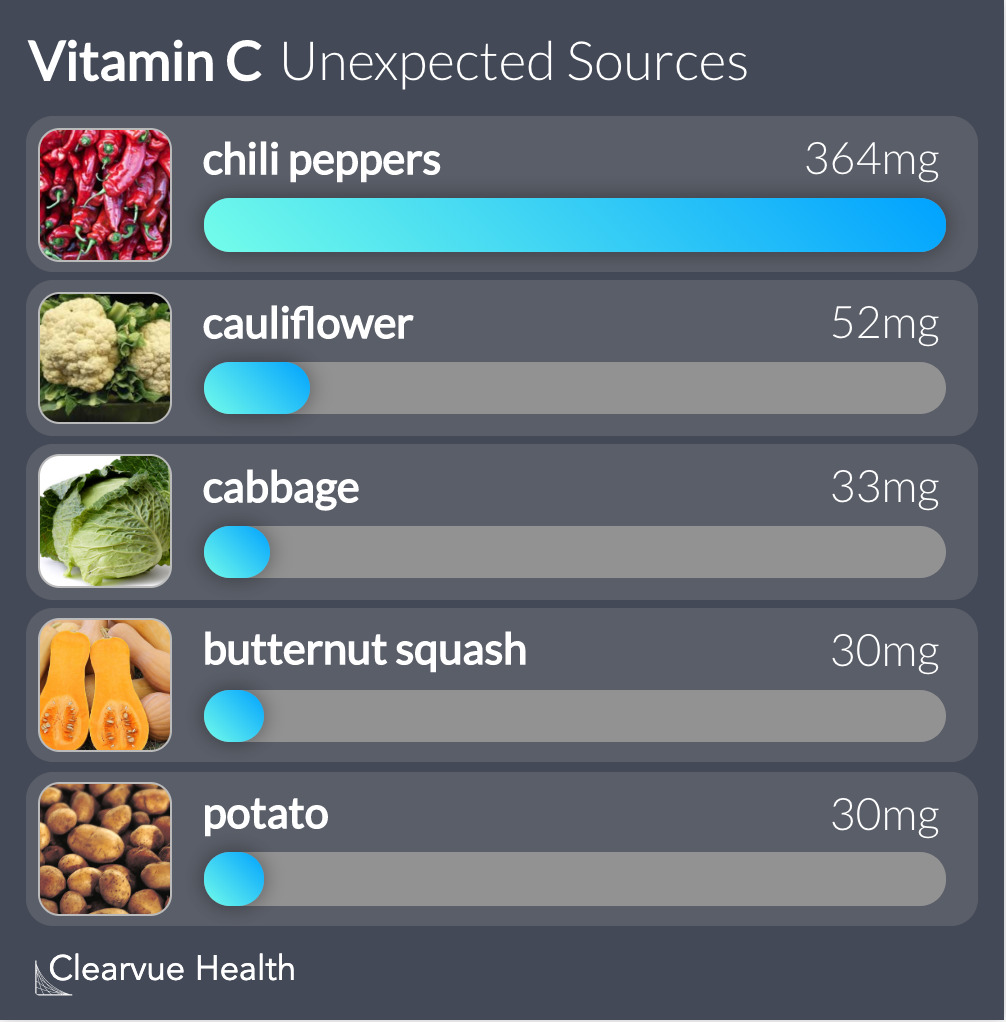
Chili peppers have a surprisingly high amount of Vitamin C. While we typically think of colorful fruits and vegetables for vitamin C, other foods such as potatoes and squash can also contain significant amounts of Vitamin C.

Chili peppers?
You're probably not going to eat a whole cup of chili peppers for obvious reasons. But, if you were to, you would be getting a whole lot of vitamin c.
Background

Vitamin C & The cold
Vitamin C has been shown to help reduce the length of your cold. In some cases, it can even help keep you from catching one in the first place.
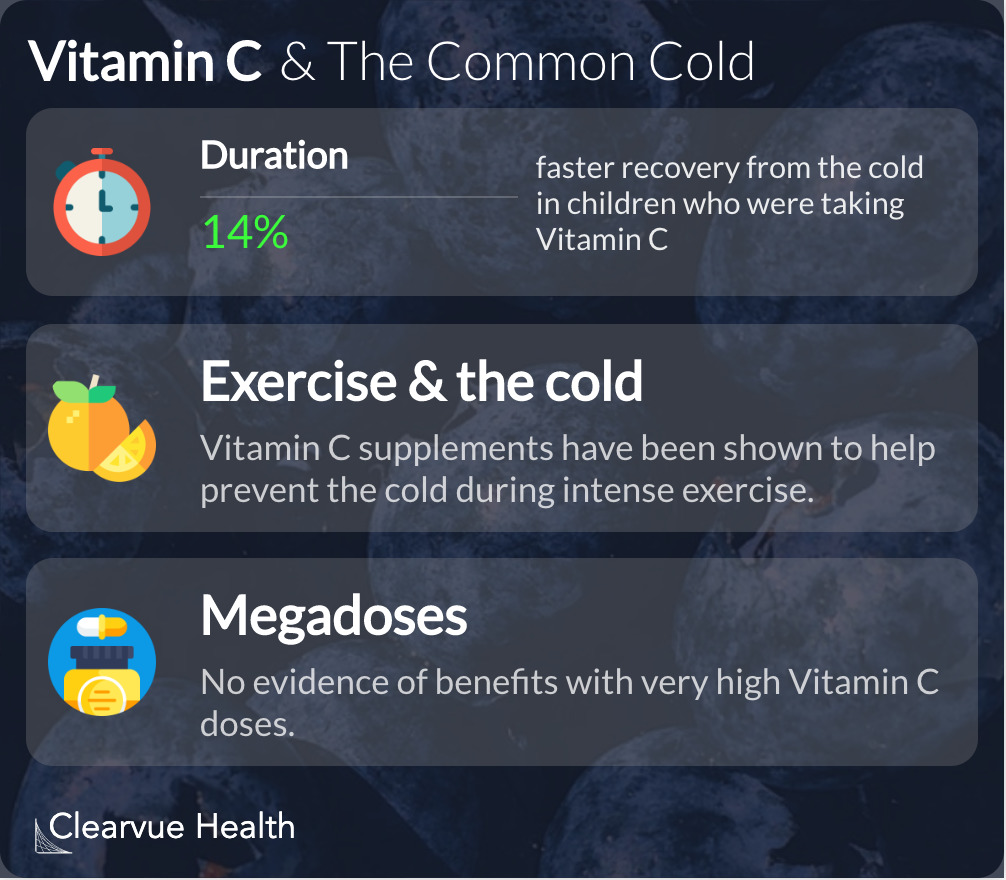
Background
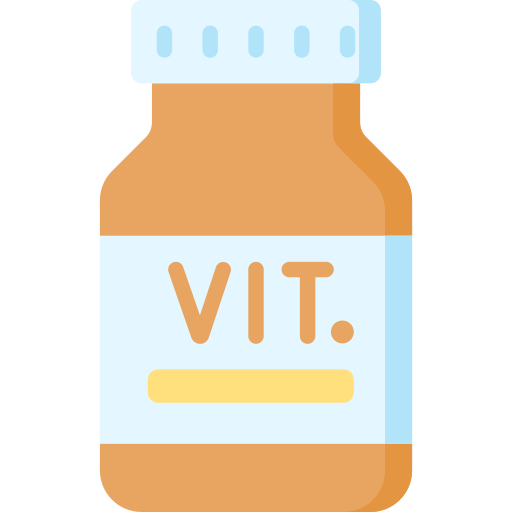
Supplements vs Fresh Food
Many of the benefits of Vitamin C foods don’t necessarily apply to Vitamin C supplements. While Vitamin C supplements can give you a lot of Vitamin C at once in a pill, clinical trials have not shown these pills to be helpful. Scientists aren’t entirely sure why.
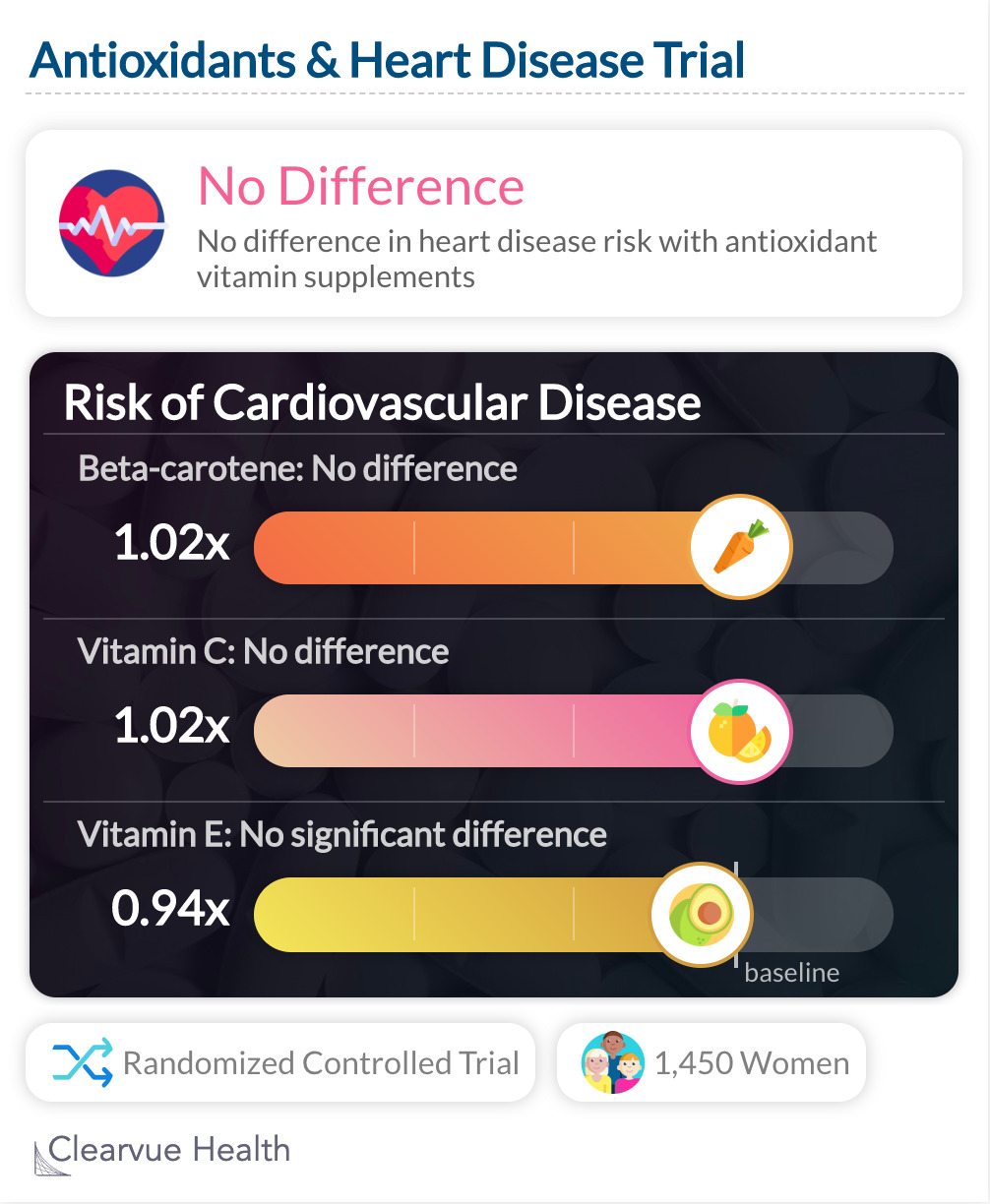
A clinical trial looking at antioxidants and heart disease found that antioxidant vitamin supplements did not reduce the risk of heart disease over 9.4 years. For vitamin C, the relative risk was 1.02; 95% CI, 0.92-1.13. For vitamin E, the relative risk was 0.94; 95% CI, 0.85-1.04. For beta-carotene, the relative risk was 1.02; 95% CI, 0.92-1.13.

#vitaminc
Scroll for more ->

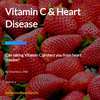


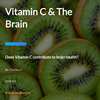
#new
Scroll for more ->





